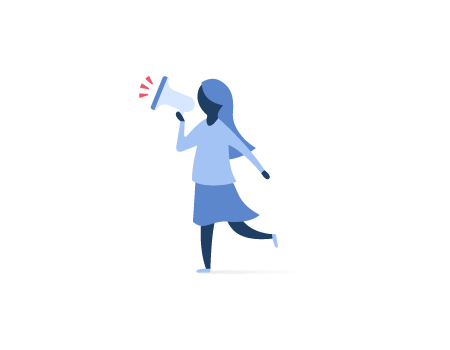Loading....

TAKE ACTION: Stop Efforts to Roll Back Protections for Working Families.
In 1988, Wisconsin became one of the first states to pass a state-level Family Medical Leave Act (FMLA). Congress followed Wisconsin's lead and passed a federal FMLA in 1993. Both the state and federal FMLA allow employees who meet certain criteria to take unpaid time off of work if they become ill, have a child, or need to care for a sick family member. This advancement in employment policy has been of great benefit to workers, our communities, and the overall health of our state.
The Wisconsin FMLA and federal FMLA are not identical. In general, the Wisconsin FMLA covers more employees and provides more flexible leave benefits than the federal FMLA. Wisconsin employers who are covered by both the state and federal FMLA must comply with any provisions of the state FMLA law that provide greater family or medical leave rights than the rights established by the federal FMLA and vice versa.
Senate Bill 490 is an attempt to "federalize" the Wisconsin FMLA and would eliminate some of the protections and benefits that the Wisconsin Family Medical Leave Act (WI FMLA) provides to employees who are employed by a business that is covered by both the state and federal FMLA's.
Now is not the time to scale back Wisconsinites' hard-won access to family and medical leave. If anything, Wisconsin should be working to expand job protections to more of its citizens to ensure that they can take time off of work in order to take care of themselves, a sick family member, or a new child. This attempt to "federalize" the Wisconsin FMLA would weaken some very important protections, and our leaders need to oppose SB 490.
Speak out & send a message to your elected leaders through email and/or social media!

If you don't speak out, you can't be heard!
Ask Your Elected Leaders to Oppose SB 490!
Send an email to your representatives
There are no officials for you to contact on Facebook.
Now is not the time to scale back Wisconsinites' hard-won access to family and medical leave. If anything, Wisconsin should be working to expand job protections to more of its citizens to ensure that they can take time off of work in order to take care of themselves, a sick family member, or a new child. Because this attempt to "federalize" the Wisconsin FMLA would weaken some very important protections, SB 490 should be opposed.
Increase the impact of this action by spreading the word to your Facebook followers so they can contact their own officials.
There are no officials for you to contact on Twitter.
Increase the impact of this action by spreading the word to your Twitter followers so they can contact their own officials.
Sorry, we're not targeting any representatives in your district. But, you can still help!
Edit this message to tell users that can't take action (because of their location) how to contribute. For example, consider adding a link to a petition or donation page that you have created, or add social sharing options so that these supporters can help get the word out on social media.


